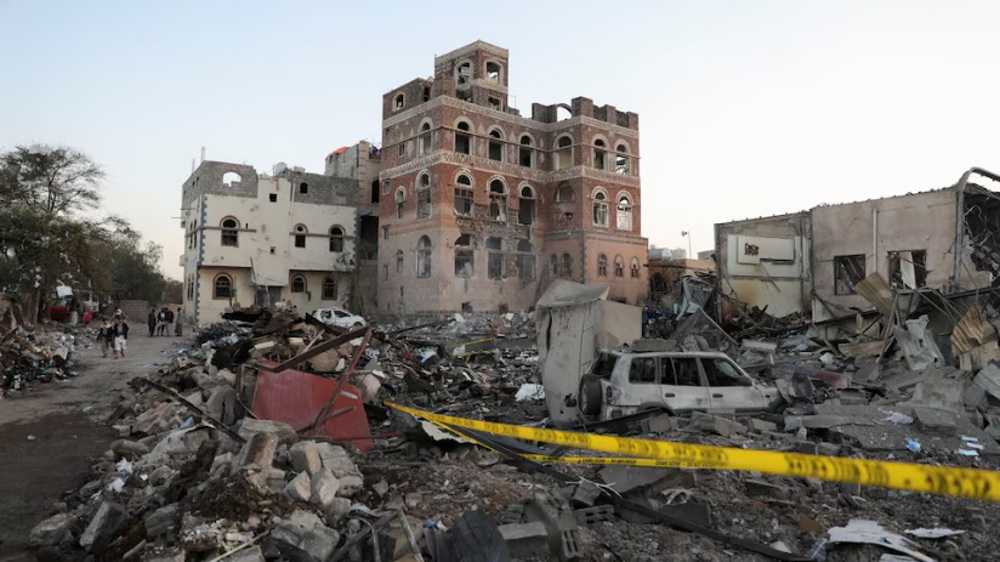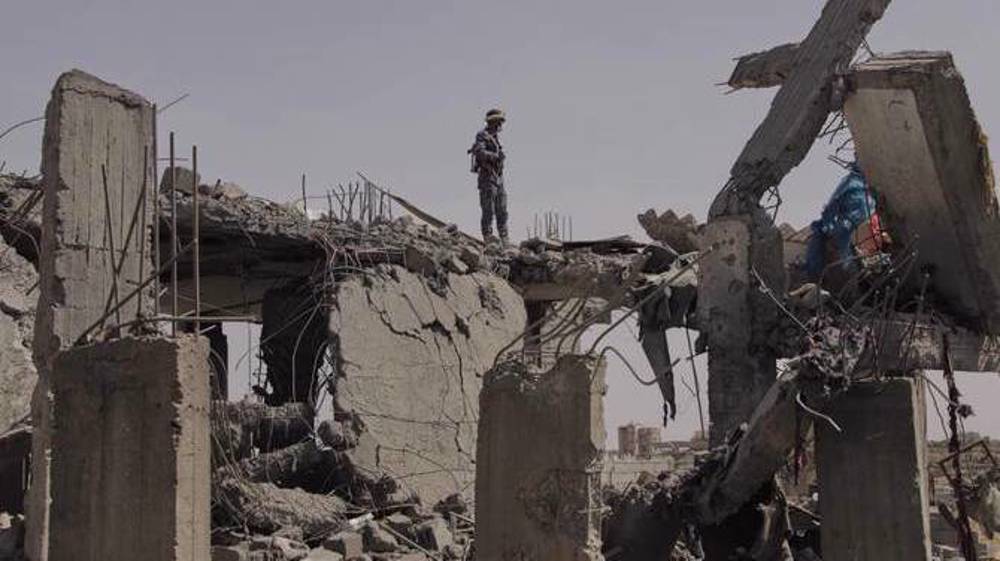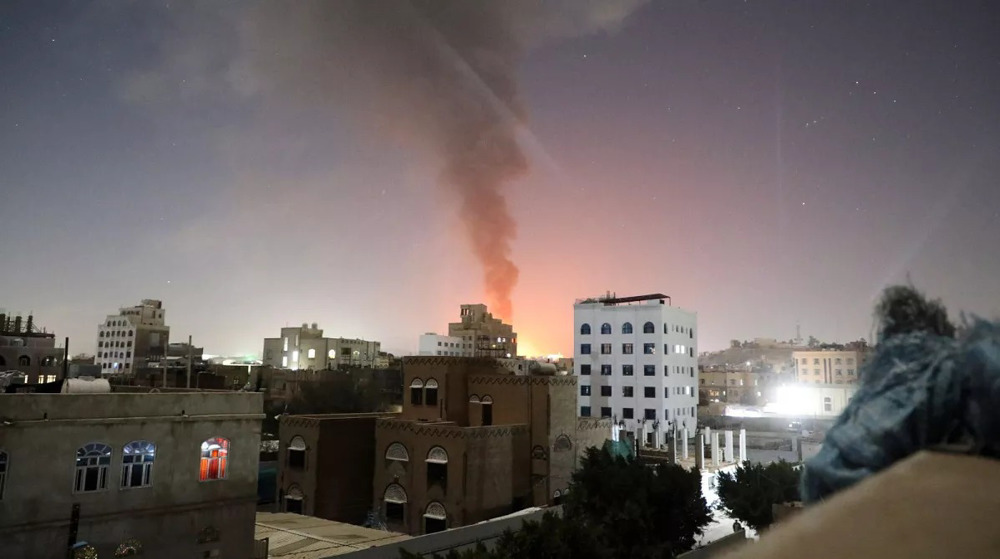Hadi says Yemen conflict will be settled militarily
Yemen's former Saudi-backed President Abd Rabbuh Mansour Hadi has said the conflict in the country will be settled militarily rather than politically.
Speaking in New York on the sidelines of the UN General Assembly, Hadi told the Saudi-owned al-Arabiya channel that "the military solution is the more likely one for the Yemen crisis."
Hadi said a plan to hand over control of the country's main port of Hudaydah to a neutral party remained blocked by the Houthi Ansarullah movement and former President Ali Abdullah Saleh.
Elsewhere in the interview, Hadi claimed that his administration "continues to extend its hand for peace because it is responsible for the Yemeni people and for lifting the suffering from it."
Hadi also accused former US President Barack Obama of turning a blind eye to advances by Houthis across Yemen.
Hadi, however, hailed the anti-Houthi stance taken by US President Donald Trump, saying, "But the position under the current administration is better because it stands on the basis that there should be pressure on the Houthis."
The Houthis, Hadi said, still had a chance to join the political process if they agreed to hand over weapons and formed a party to help pursue national reconciliation.
The Ansarullah movement has been running state affairs since 2014, when Hadi resigned and fled to Riyadh before returning to Aden later. The movement has also been defending the country against a campaign led by Saudi Arabia since March 2015.
The Houthis say they are willing to form a national unity government to represent the whole country.
Leading a number of its vassal states, Saudi Arabia launched the deadly campaign to eliminate Ansarullah and reinstall the Riyadh-friendly Hadi. The war, however, has failed to achieve either of the goals.
The Houthis say the Saudi-backed coalition seeks to foment "destruction" inside and outside the region.

UN-brokered talks between Yemen’s warring sides have also failed to end the conflict.
The Saudi-led campaign has claimed the lives of more than 12,000 people, most of them civilians.
The United States and Britain have been providing the bulk of the weapons used by the Saudi-led forces against Yemen. The US is also providing other assistance, including the provision of intelligence, to the invading forces.
The aggression has been accompanied by a naval and aerial blockade on Yemen.
It has also taken a heavy toll on Yemen’s infrastructure and led to a cholera epidemic in the country. Almost 2,000 people have died since the outbreak of the cholera epidemic in April, according to the latest figures provided by the World Health Organization (WHO).
An estimated 70 percent of Yemen’s 28 million population are said to be in desperate need of humanitarian aid.

US conducts new airstrikes on Yemen’s Ma’rib, al-Jawf provinces

US pro-Israel strikes killed 123 Yemenis in less than a month: Ministry

US airstrikes on Yemeni factory kill 6 civilians
VIDEO | Zionist control at Columbia University
VIDEO | Zionists and pornography
Iranian diplomat says ‘excessive unilateralism’ renders UN ineffectual against certain states
US conducts new airstrikes on Yemen’s Ma’rib, al-Jawf provinces
Full-blown famine grips Gaza as 91% of population faces extreme food insecurity: NGO
VIDEO | Press TV's news headlines
Iranian FM informs Saudi counterpart about indirect talks
VIDEO | Pakistani parliament adopts resolution against Israeli atrocities in Gaza











 This makes it easy to access the Press TV website
This makes it easy to access the Press TV website